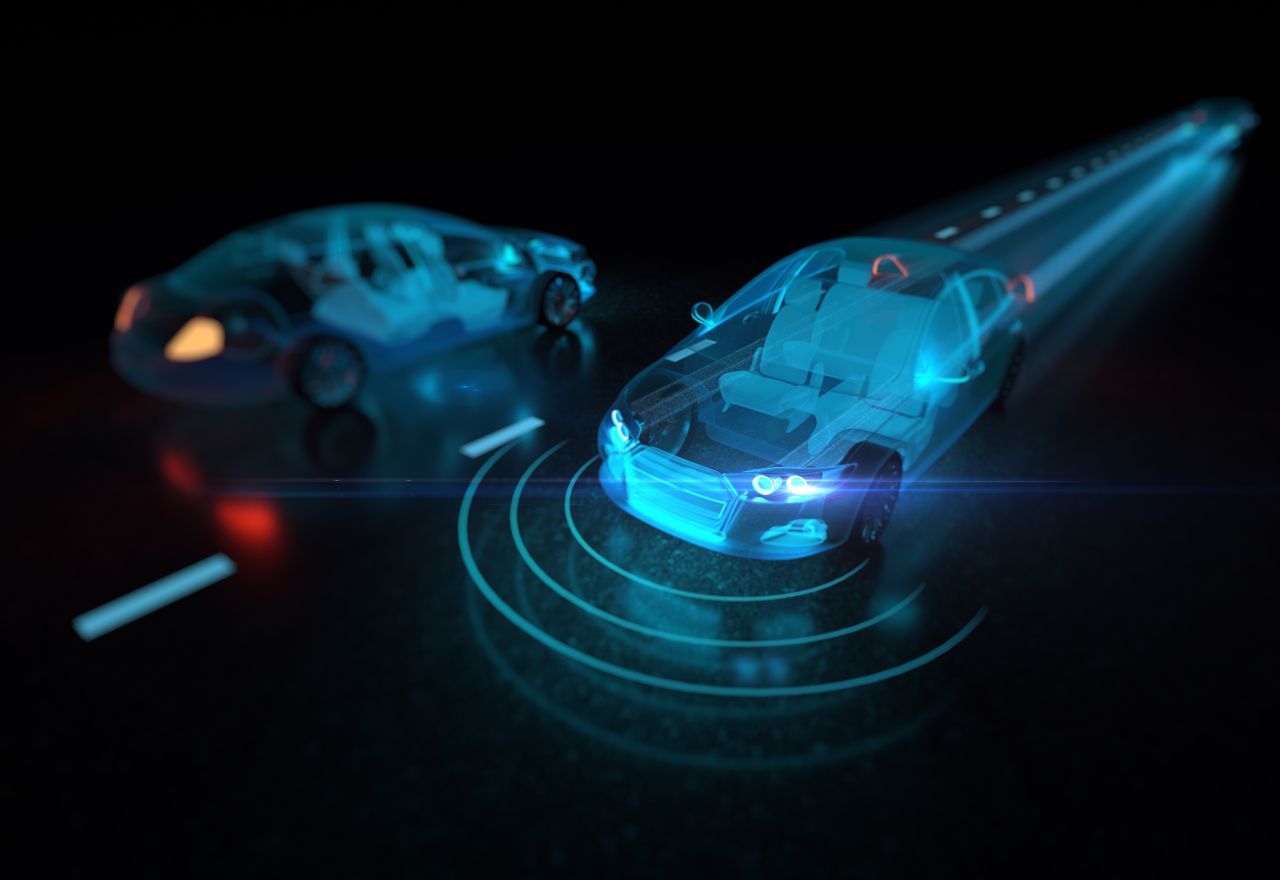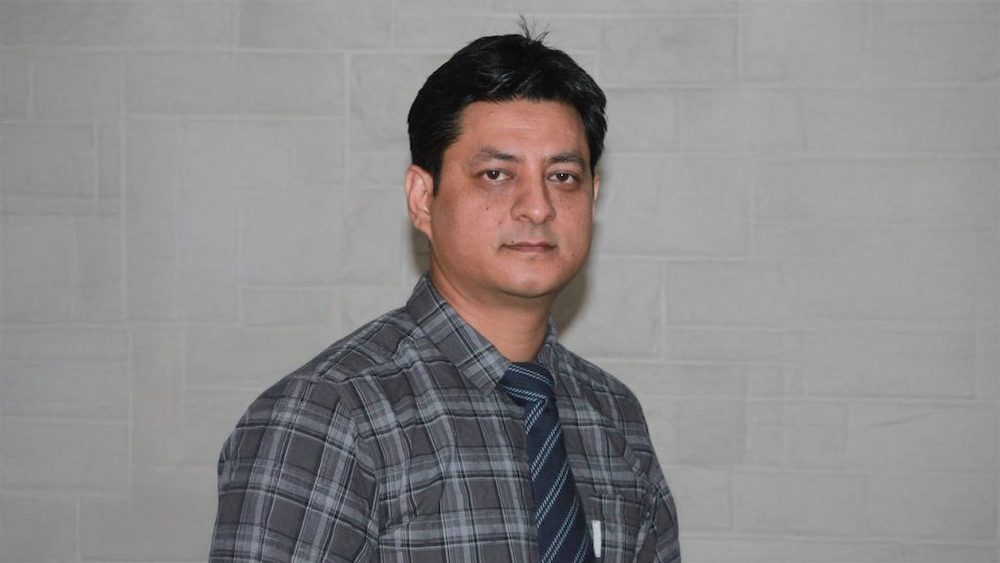Research Backs Driverless Cars for Safety
Staff Reporter
28 September 2025, 9:08 PM
 Self-driving trials overseas could reshape Auckland travel.
Self-driving trials overseas could reshape Auckland travel.Last year 341 people died and 2,453 were seriously injured on New Zealand’s roads.
New research from the University of Auckland says driverless cars could sharply reduce those numbers by cutting out human error, which is a factor in 94 percent of serious crashes.
Associate Professor Prakash Ranjitkar has studied overseas trials, including Waymo’s US fleet where autonomous vehicles were 85 percent less likely to be involved in injury-causing crashes than human drivers.
“Driverless vehicles, especially shared ones like robo-taxis, could make our roads safer, ease traffic congestion, improve our transport systems and cut down on pollution,” he says.
He sees the biggest opportunity in Auckland, where car dependency is high.

Dr Prakash Ranjitkar is leading research into the potential impact of autonomous vehicles on New Zealand's transport system.
Instead of replacing private cars for long journeys, he argues driverless vehicles should be used for short trips that connect people to trains and buses.
“This ‘first-mile/last-mile’ solution would reduce reliance on private cars and encourage public transport use,” he says.
Trials in New Zealand are already showing how autonomous shuttles could serve both city suburbs and regional towns.
But Ranjitkar says scaling up will require investment in infrastructure, clear rules, and public trust.
Wireless charging, either at stops or while driving, could keep vehicles operating around the clock.
For Hibiscus Coast commuters, the prospect is real.
Self-driving vehicles linking Orewa, Silverdale and Albany could trim daily trips, cut congestion on SH1, and offer a cleaner, safer way to get to work or connect with the wider transport network.
Seen something local we should cover?
Let us know at [email protected]



